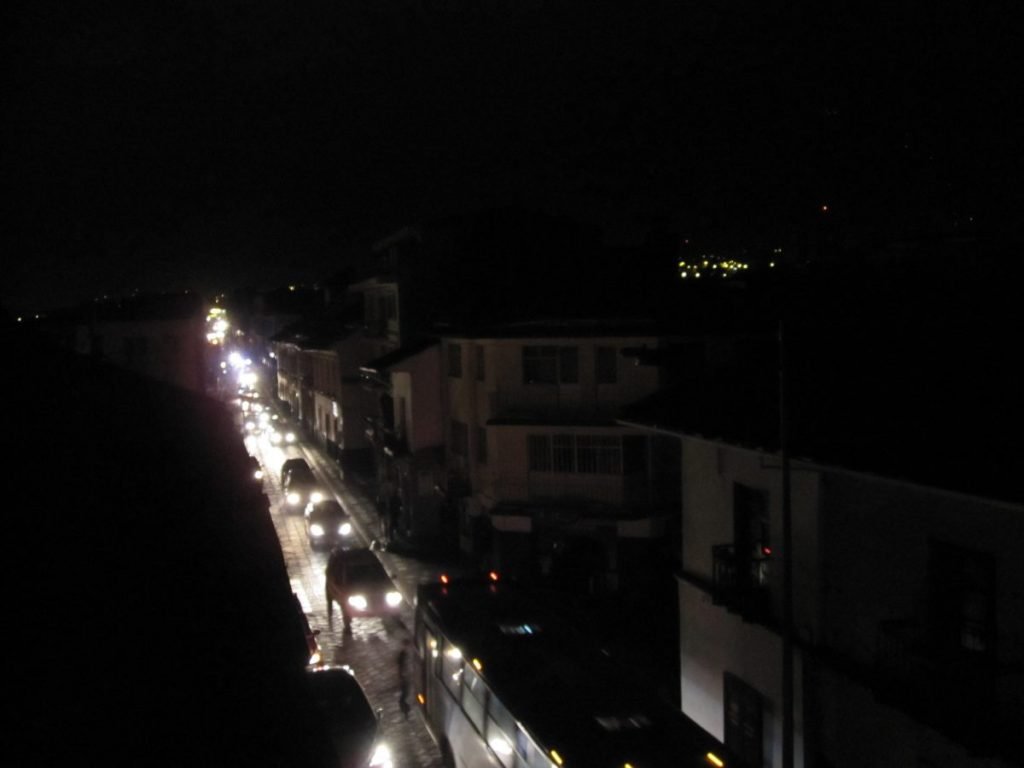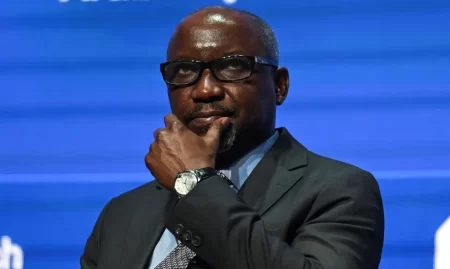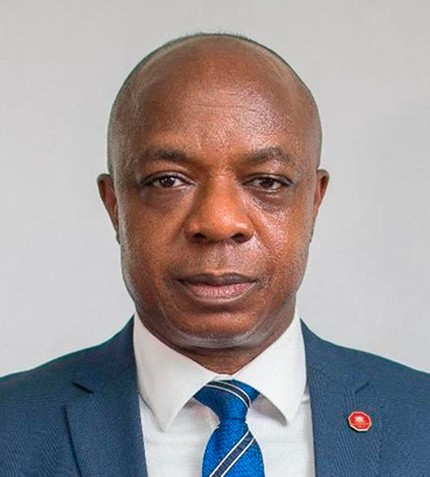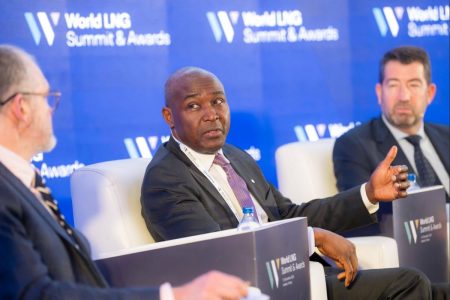
*2.3 billion people globally
OpeOluwani Akintayo
Lagos — Experts in technological innovations, automation, and energy management have said 90 million people either lack access or reliable access to electricity in Nigeria.
This was revealed at the 2019 Schneider Electric’s Innovation Day held in Lagos on Thursday where deliberations and exchange of ideas as regards contextual applications of the latest wave of digitisation in powering the digital economy to increase efficiency, business growth, and profitability were made.
According to them, everyone has the right to efficient energy, adding that if the situation is not properly handled, by 2040, the figure will more than double due to urbanization, industrilisation, and digitalization.
They revealed that Nigeria’s 90 million statistics is from a global data of 2.3 billion people who are yet to either have access or reliable access to power globally.
By 2050, experts postulate that energy consumption due to urbanisation, industrilisation and digitalisation would have increased by an estimation of more than 50 percent, while the faster growth of electricity compared to energy demand would have doubled by 2040.
While triple electricity sufficiency is needed to solve climate change, 82 percent of the economic potential of energy efficiency in building is needed, and 50+ percent of untapped energy potential efficiency in industry is needed globally- everything runs on software, they argued.
Albert Fuchet, the Cluster president for Anglophone Africa, who delivered the keynote address was recently quoted at a function saying, “Digital technologies provide possibilities for a wide range of benefits ranging from efficiency gains, customer intimacy, energy security and management, automation, and remote operations, safer work environment, and a lot more, depending on the user’s preference. Ultimately, the organisation’s bottom line is impacted in a sustainable fashion.
Also Read: NORDIC POWER-Forward prices rise as water levels seen falling below normal
“The broad application of Internet of things, IoT is still evolving. Exploring big data and cloud computing is ongoing. Virtually all equipment and operations can be made smart.
“In the oil and gas sector, today we see a fully-automated offshore platform. What are the ancillary services to go with such innovations that Nigerians can offer?
“It doesn’t stop there; more and more innovations are expected. Everyone who plays in the space needs to anticipate, know what’s obtainable and participate, profitably”, he quipped.
His keynote address titled ‘Powering the Digital Economy’, set the tone for conversation with other experts, where he shared his findings on how the disruptive technologies of the digital economy are challenging companies to think and act differently in order to benefit.
At the strategy sessions, experts touched on a couple of issues, some of which include adapting to a culture of having smart buildings – which can think, sense and adapt.
Others include tackling complex IT and DC environments with Cloud-based management systems, big data analytics, mobile insights and optimised operations.
With EcoStruxure, Schneider Electric’s IoT-enabled architecture, the energy management firm availed participants, first-hand insight into the use of sustainable energy and automation solutions.
Fuchet further stated, “It’s easy to enhance organizational performance through the use of digital technologies. Often, a company will narrow down to the ideal tool to deploy, once it is enlightened”.
“Whatever the organisational needs are, there are digital tools to cater for them. While some are picked off the shelf and ready to use, others are customised to suit specific scenarios. Digitisation will reduce production lead times, increase speed-to-market, improve the use of data in a global supply chain and a lot more”, he averred.



